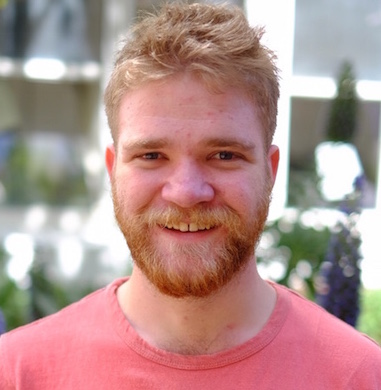How University students are taking it on themselves to create change.
As part of EWB’s national school outreach program, student-led university chapters facilitate and organise their own annual regioneering trips. Colloquially referred to as ‘school outreach on caffeine’, university students travel through regional Australia and bring humanitarian engineering workshops to dozens of schools in the space of 3 days. The workshops aim to establish a contextual approach to simple engineering problems: designing water flotation devices to simulate floating houses in Tonlé Sap; building a water filter with differing resources and instructions based on a country’s GDP. They all simulate the kind of work EWB does and demonstrate how technical solutions can be used to solve humanitarian problems through appropriate technologies.
This year I was one of 46 students involved in Melbourne University’s regioneering trip (with two other trips simultaneously facilitated by Monash, Deakin & RMIT University students). Over my time, we travelled 800km, ran workshops for 900 students and even found time for a spot of sunset hiking through the Grampians. But in addition to the great time I had, I was also struck by an interesting thought: the need for STEM to be taught in applied social contexts.
If we had asked students to design a water filter, I am sure there would have been a resounding groan from 50 year10 students. But when you place it in the context of limited drinking water to over 780 million people, you see students tackling the problem much more engaged; you notice ‘developed nations’ donating funds to ‘developing nations’; you hear students reflecting that engineering can lift people out of poverty if there was more government funding.
My experience of regioneering mirrors what current research is saying: if we want to reverse the decline in university engineering majors, it needs to become more appealing by highlighting both its technical and social applications. Engineering can address many of the world’s challenges but it requires an education that advocates and develops engineering into a multi-faceted profession. Programs such as EWB’s regioneering and school outreach do exactly this.
I hope that by encouraging students to use their technical skills to solve social problems that we may see a diversified generation of engineering students who can tackle the challenges of the 21st century. It’s a generation that could create meaningful change and one that I am excited to be a part of.
A reflection on EWB’s School Outreach and Regioneering Program.
Written by Rob Snelling.


